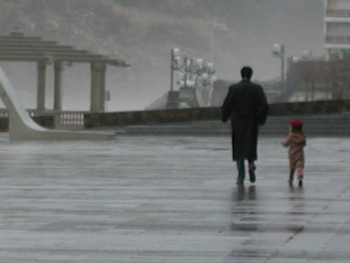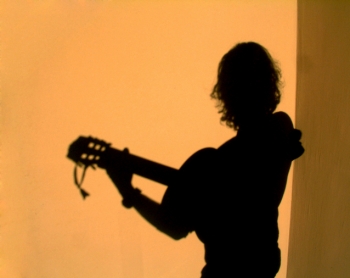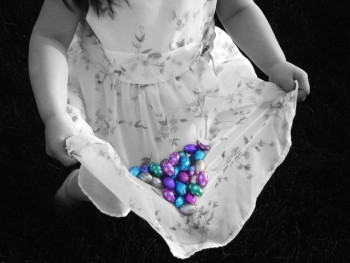
2017 (44)
My hope is to offer encouragement to writers as well as to those who simply love to read. You will find snippets of things I am working on and special announcements here.
I look down at my feet. A piece of tin foil glitters through the scattered leaves on the road. The foil is shaped like a heart. I pick up the debris and place it on my gloved palm. The edges are ragged, one side torn. The heart seems to symbolize my own. I've just come from a trip out west to say goodbye to my older sister whose heart is failing. She'd said, "If you want to see me, you'd better come now. I don't have long." My other two sisters and I find flights out the next day and travel across country to see her one last time.
When I walk into her house, medical equipment and beeping machines intermingle with the items she loves--shelves filled with books, oil paintings and family photographs. Hand-sewn quilts, master works she's created for decades, are draped over chairs and sofas. And there she sits in a chair, attached to a line that pumps medication into her body, keeping her alive. If she turns off the machine, she will die within forty-eight hours. "I'm not going back to the hospital," she says. "I'll know when to turn the machine off." Her body is frail, yet her eyes glisten with determination. She exudes a spiritual strength that is palpable in the house turned hospice. She is, paradoxically, consoling us in her acceptance of traveling death's shadowy pathway.
My heart sank when I walked into the dentist's office. Angel would be cleaning my teeth. While Angel was skilled as a dental hygienist, she often chattered on and on about activities in her life, expecting me to respond even with a mouthful of cleaning implements. She would pause, in fact, after she relayed an interesting bit of information, waiting for a reply. But I was only capable of making indistinguishable sounds. Angel didn't seem to mind, however, when I made my garbled utterances. Angel accepted the babble as if we were having a normal conversation. I sat down in the dental chair, resigned to once again hear Angel's loquacious patter. This day, though, she didn't have anything to say. She sang.
I don't do joy well. I'm more proficient at expecting the worst. I began to pray, "God how do I do joy better? Show me what that means." He was quick to answer. Bill Johnson, pastor of Bethel Church in Redding, California says, "God does not hide things from us; he hides things for us." Johnson states that this concept is like God hiding Easter eggs. He hides them according to our age and maturity. In other words, a two-year-old will need eggs to be in plain sight, as opposed to an eight-year-old who may derive more delight and challenge in finding Easter eggs hidden deep in folds of grass. Regarding the theory of joy, I'm more like the two-year-old. Here's what I found this week. Joy manifested in the creative places God chose to hide His directives.
In the mornings before work, I have a detailed routine that helps me to prepare for the day. One of the my last tasks is applying make up. I grow easily bored with eye make up in particular, so decided to break open a new box I'd just purchased. The color palette contained four shades named: Be Grateful, Sure Thing, Brilliant and Citrus Twist. As I brushed the earth tones over my lids, I had to smile, God reminding me that his love is brilliant--a sure thing. Being grateful for my life is a good start on the road to joy, adding refreshment to my life, just like a twist of citrus adds a burst of flavor to water.
The moment we indulge our affections, the earth is metamorphosed; there is no winter and no night; all tragedies, all ennuis, vanish--all duties even. ~Ralph Waldo Emerson
I received feedback from another artist about a writing project that left me wallowing in self pity. How could the reader be confused? How could there be no positive feedback? Was the writing really that bad? I recognized my pathetic response right away. I was hungering for acceptance, but instead was told the project needed to be abandoned. Start over. And I'd paid money to get this feedback.
For several weeks I laid on my self-pity mat, flat on my back and gulped in fear and doubt. Paralyzed. I'd responded this way to negative feedback in the past. Yet this blow felt more painful. The reader was someone I highly respect and admire. I thought perhaps I was somehow in his "league"--that I might write almost as well as he did. Yet after the feedback, I sensed I was in a much lower caste than I'd realized. I concluded it would probably be best to abandon the book project as he suggested. Start over, devise a detailed outline of every chapter. Yet even in my disparagement regarding the project, some of the negative response did not ring entirely true for me. Certainly, I was not paying the reader to praise every word of the material, but to come to a conclusion of dismembering the book seemed overly harsh. I continued to wail, moan and cry. "How could I be so misunderstood?"



